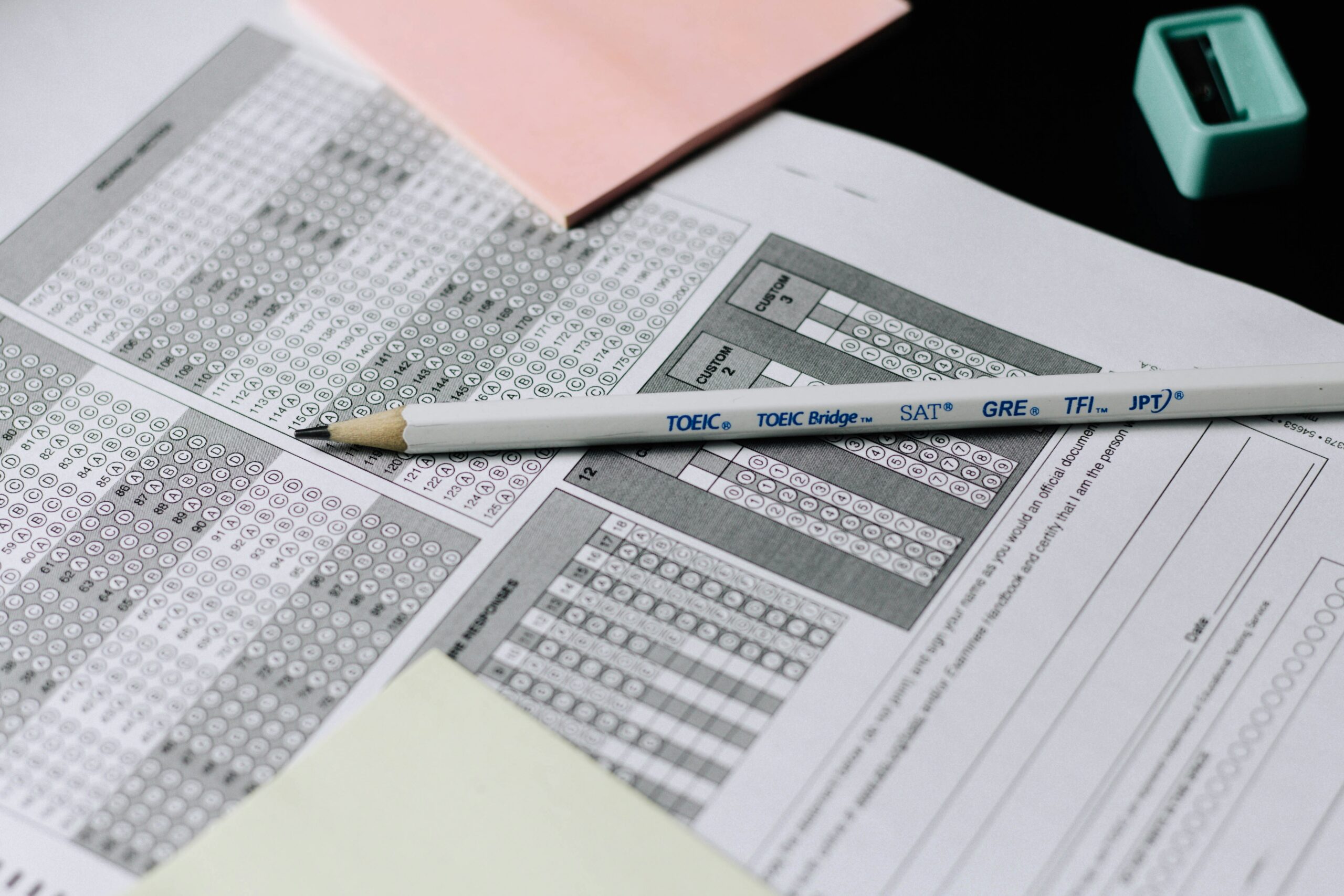
AI has transformed numerous aspects of our daily lives, including education. One of the most exciting AI tools that students worldwide are embracing is Chat GPT, a language model developed by OpenAI. Initially designed for conversation, Chat GPT has rapidly evolved into an innovative study partner, assisting learners at every educational level. The remarkable capabilities of Chat GPT include generating study materials, quizzing users on various subjects, and even helping students refine their writing and critical thinking skills. In today’s fast-paced academic environment, mastering effective self-testing strategies is crucial, and AI-powered tools like Chat GPT can play a vital role in elevating study sessions from passive review to active engagement.
Incorporating AI into your learning process can help streamline your study habits and significantly improve your academic performance. For example, when students encounter challenging essay topics or require professional assistance, turning to a good paper writing service remains a common practice. However, with tools like Chat GPT, students have a powerful alternative at their fingertips, complementing such services with instant feedback and interactive practice sessions. This allows learners to actively test their understanding, identify weaknesses, and reinforce knowledge retention in ways traditional study methods often cannot match. Chat GPT’s versatility makes it possible to simulate quizzes, create flashcards, or conduct practice dialogues that bring subject matter vividly to life.
Creating Custom Study Guides
One of Chat GPT’s standout features for self-testing is its ability to create tailored study guides quickly and effectively. Rather than relying solely on textbooks or generic online resources, students can generate personalized study guides based on their specific curriculum or course content. To achieve this, simply provide Chat GPT with key topics, important definitions, or lecture notes, and request a structured summary or study guide. Within seconds, you’ll have a concise and organized set of notes that precisely align with your learning objectives.
Moreover, Chat GPT’s capacity for customization means you can adapt your study materials to suit your preferred learning style. For example, visual learners can prompt the AI to create outlines or bullet points, while auditory learners might request conversational explanations. Such versatility empowers students to engage actively with their materials, turning passive reading into dynamic, personalized study experiences.
Testing Your Knowledge with AI-generated Quizzes
Active recall is a proven strategy for effective learning, and Chat GPT excels at creating quizzes and tests tailored specifically to your course material. Instead of passively rereading your notes or textbooks, ask Chat GPT to generate custom quiz questions or flashcards to challenge your understanding actively. For instance, if you’re preparing for a history exam, you might instruct Chat GPT to create ten multiple-choice questions covering key historical events or figures. This approach will help you identify knowledge gaps promptly, allowing you to refocus your revision effectively.
Another powerful use of Chat GPT is simulating real exam conditions. By prompting the AI with a mock test scenario, students can practice time management and experience the pressure of an actual exam environment. The instant feedback offered by Chat GPT ensures immediate reinforcement of correct answers or clarification of misunderstandings, helping students internalize information more efficiently.
Enhancing Critical Thinking and Problem-solving Skills
Beyond rote memorization, critical thinking and problem-solving skills are paramount to academic success. Chat GPT facilitates the enhancement of these abilities through structured interactions designed to challenge your analytical skills. For instance, if studying literature, ask Chat GPT to pose interpretative questions about themes, character motivations, or narrative techniques. Engaging in dialogue with the AI forces you to defend your viewpoints, reconsider assumptions, and develop more nuanced interpretations.
Similarly, students studying science or mathematics can request Chat GPT to generate problem-solving scenarios or step-by-step explanations of complex concepts. By actively engaging with these interactive exercises, you not only strengthen foundational knowledge but also sharpen your logical reasoning and analytical capabilities—skills that are indispensable across various disciplines and professional contexts.
Role-playing and Interactive Dialogue
Chat GPT’s conversational abilities also offer valuable opportunities for immersive role-playing and interactive dialogue. Language learners, in particular, can leverage AI-driven conversations to practice conversational skills in their target languages, gaining confidence and fluency through regular practice. By specifying scenarios—such as ordering food at a restaurant, participating in a job interview, or debating an academic topic—students can rehearse realistic interactions that build vocabulary, enhance pronunciation, and strengthen conversational fluency.
Furthermore, interactive dialogue extends beyond language learning. Students preparing for oral exams, presentations, or debates can practice articulating their arguments clearly and confidently. Chat GPT provides real-time reactions and thoughtful counterarguments, enabling students to test their ability to communicate effectively under realistic conditions.
Reviewing and Refining Your Writing
In addition to testing knowledge through interactive exercises, Chat GPT offers exceptional support for refining written work. Students can input drafts of essays, research papers, or even creative writing projects into Chat GPT and receive feedback on coherence, grammar, and style. This functionality allows learners to self-assess their writing skills, address weaknesses proactively, and significantly enhance the quality of their submissions before finalizing them for evaluation.
When testing your understanding of written materials, ask Chat GPT to generate summaries or critiques of your work. By comparing your interpretations against the AI-generated responses, you’ll gain valuable insights into clarity, depth, and argumentative strength. Over time, this ongoing practice helps cultivate sophisticated writing and analytical skills that contribute immensely to overall academic performance.
Ensuring Productive and Responsible Use of AI
While AI tools like Chat GPT offer immense educational potential, it is essential to approach them thoughtfully and responsibly. AI-generated responses, though highly advanced, occasionally require verification against reliable sources to ensure accuracy. Students should adopt a balanced approach, treating Chat GPT as a supplementary resource alongside traditional study materials and instructor guidance.
Additionally, students must remain mindful of academic integrity when using AI for self-testing and study preparation. Leveraging Chat GPT for practice and revision enhances learning, but presenting AI-generated content as your original work constitutes academic dishonesty. Responsible use ensures students maximize the benefits of AI-driven study strategies without compromising ethical standards.
Conclusion: The Future of Studying with AI
The rapid advancement of AI technologies like Chat GPT has revolutionized study habits and self-testing strategies, offering students unprecedented opportunities to engage deeply with their course material. By harnessing AI’s interactive capabilities, learners can create customized study guides, simulate testing environments, practice critical thinking, and refine essential academic skills. As students integrate AI-driven tools into their study routines responsibly and ethically, they position themselves to excel academically and prepare for future educational and professional challenges.
Ultimately, the successful integration of Chat GPT into your study routine transforms learning from passive content consumption into an active, dynamic process of exploration and self-assessment. With careful and intentional use, AI-powered tools will continue to redefine educational practices, equipping students worldwide with the skills, confidence, and knowledge required for success in an increasingly complex and interconnected world.



